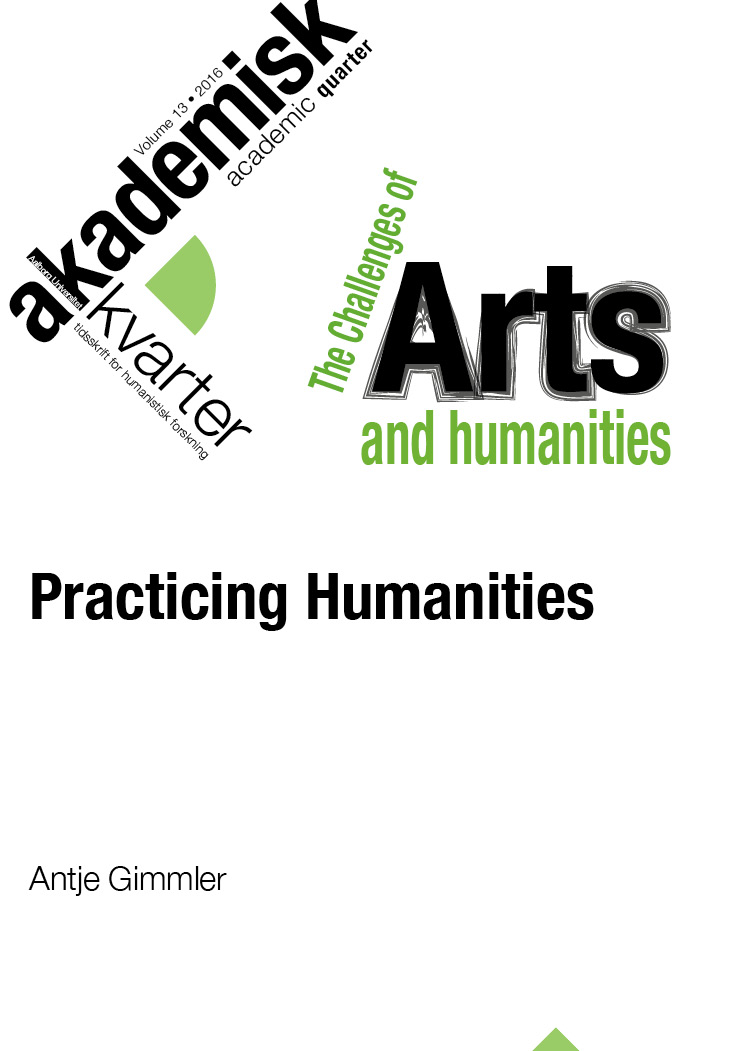Abstract | Abstract
In contemporary societies, the humanities are under constant pressure and have to justify their existence. In the ongoing debates, Humboldt’s ideals of ‘Bildung’ and ‘pure science’ are often used to justify the unique function of the humanities of ensuring free research and contributing to a vital and self-reflective democracy. Contemporary humanities have adopted a new orientation towards practices, and it is not clear how this fits with the ideals of ‘Bildung’ and ‘pure science’. A possible theoretical framework for this orientation towards practices could be found in John Dewey’s pragmatic philosophy. Contrary to Humboldt’s idea that the non-practical is the most practical in the long run, philosophical pragmatism recommends to the humanities to situate knowledge in practices and apply knowledge to practices.
